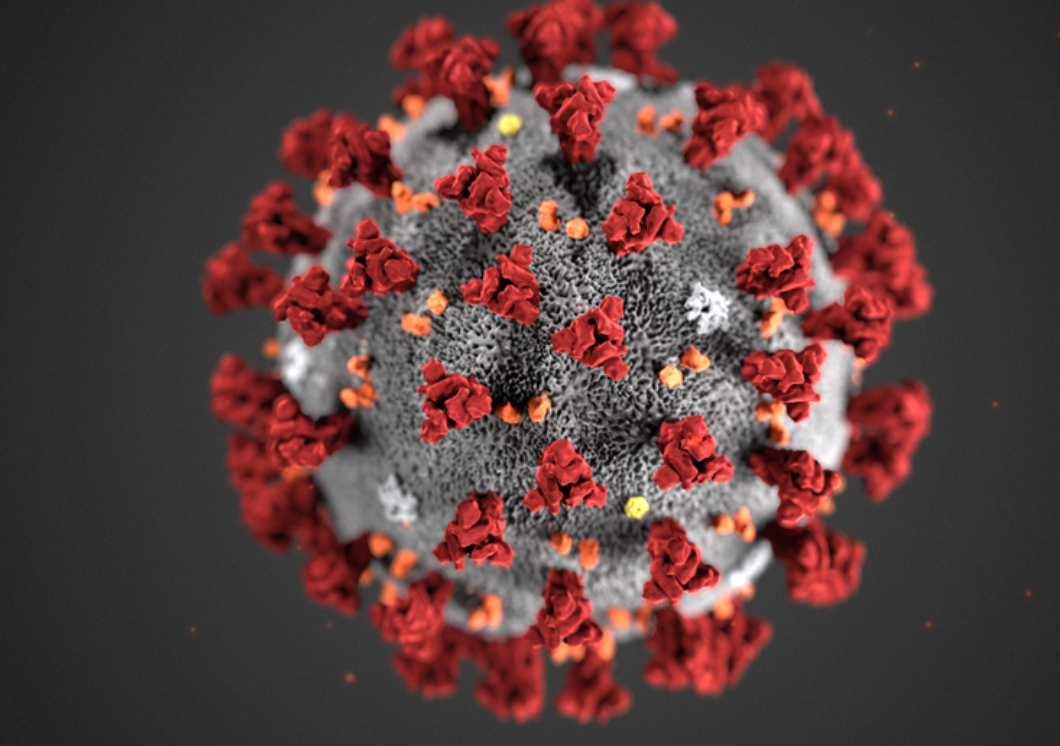 The CDC no longer recommends universal COVID-19 case investigation and contact tracing, instead encouraging health departments to now prioritize those efforts for high-risk settings. [Becker's Hospital Review 3.2.2022]
The CDC no longer recommends universal COVID-19 case investigation and contact tracing, instead encouraging health departments to now prioritize those efforts for high-risk settings. [Becker's Hospital Review 3.2.2022]
The guidance, updated Feb. 28, comes nearly two years after the agency called for 100,000 U.S. contact tracers to mitigate virus spread.
Now the CDC is pushing health departments to focus solely on high-risk settings, such as long-term care facilities, jails and prisons, and shelters. Case investigation and contact tracing are separate processes, and decisions to begin either should be made separately, according to the CDC. Investigations should focus on COVID-19 cases and close contacts with exposures in the previous five days for groups at increased risk. Health departments should also offer COVID-19 vaccinations, education and other prevention strategies as part of case investigation and contact tracing efforts.
"The updated guidance is in response to changes in the nature of the pandemic and the increasing availability of new tools to prevent transmission and mitigate illness," Kristen Nordlund, spokesperson for the CDC, said March 1. She said the change was driven by the dominance of variants with short incubation periods and rapid transmissibility, along with high levels of immunity from infection or vaccines and the wide availability of vaccines for most ages.
"This is a big change," Crystal Watson, DrPH, senior scholar at Baltimore-based Johns Hopkins Center for Health Security, told The New York Times March 1. "It does reflect what's already happening in states and localities, particularly with omicron. There was no way contact tracing could keep up with that. Many of the cases are not being reported, so there's no way of knowing the incidence."
Full article here>
###
